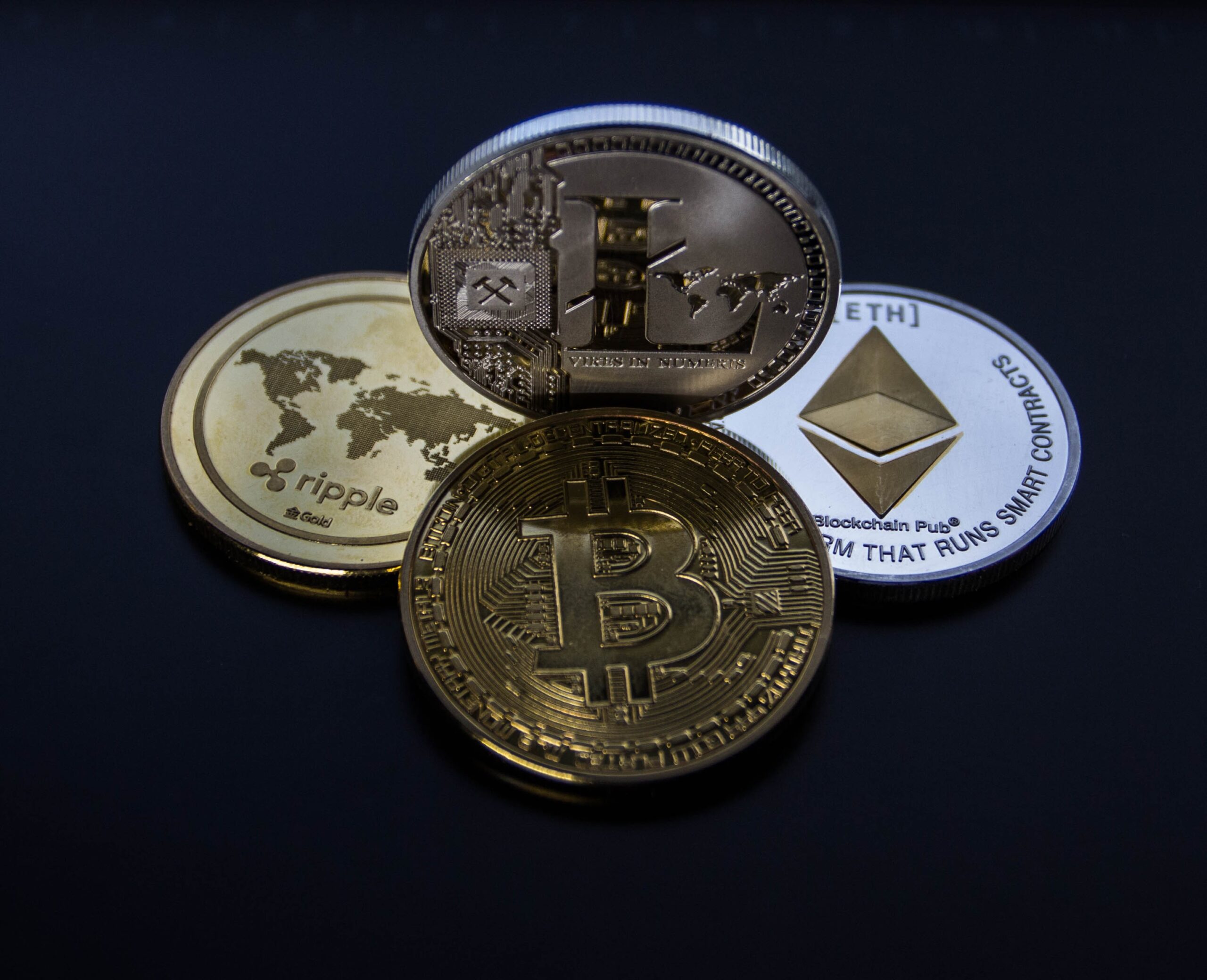Plus, Your Heating Bills Might Soar by 30% This Winter
Welcome to your Sunday digest…my weekly breakdown of the things we’re thinking about and talking about in the Global Intelligence world.
First up this week, does China regret banning crypto mining?
Recently, the National Development and Reform Commission—China’s top economic planning organization—launched a survey asking the Chinese public for their opinions on the recent bitcoin mining ban.
Now, generally speaking, China’s government isn’t really into asking its citizens what it should do on topics considered “controversial.” Typically, it simply decides what to do and then batters its citizens into submission with a giant, Soviet-style hammer.
So, the release of this survey has spawned a lot of questions about what the Chinese government’s motives are.
Does China regret shutting down its crypto-mining industry and pushing all its miners to relocate overseas? Is it thinking about reversing the ban? Or is it perhaps trying to create a database of crypto-mining supporters?
To me, the most likely scenario is that the Chinese government is merely looking for comments on its existing mining prohibition so that it can further refine and strengthen the ban and ensure the mining industry doesn’t return in some form.
So, I tend to believe the ban will remain in place. And anyway, even if the ban is somehow reversed, most miners aren’t coming back. Why would miners risk moving their equipment back to China when the industry could be banned again a few days later with zero warning?
Of course, the reality is that China should very much regret banning crypto.
At one point some years ago, China controlled upwards of 75% of global bitcoin mining. That meant countless billions of dollars was flowing into Chinese pockets.
Now, that money is flowing into foreign pockets and banks accounts. China has effectively banned itself from exerting significant control over a key component of a new global financial order.
From the Chinese government’s perspective, that was probably necessary. It doesn’t want its people earning vast funds that it cannot track. Control trumps wealth, for China’s communist leaders.
But for the many ordinary Chinese miners, investors, and developers who helped build and guide the global cryptoconomy as it developed over the past decade, the ban feels unfortunate…and unjust.
***
Next up, as China turns away from the cryptoconomy, the U.S. shows increasing signs of embracing it.
In recent months, we’ve learned about a slew of moves by American regulators to bring crypto into the financial mainstream. These include:
- The White House has formed a working group focused on developing rules for crypto.
- The Federal Reserve is working on a research paper on stablecoins—cryptos that tightly track an underlying asset, most commonly the U.S. dollar.
- The Fed, the Comptroller of the Currency, and the Federal Deposit Insurance Corp. have discussed forming an interagency team focused on crypto regulation.
Then, on Monday while speaking to Reuters, FDIC Chair Jelena McWilliams confirmed that a crypto roadmap for traditional financial institutions is being developed.
“I think that we need to allow banks in this space, while appropriately managing and mitigating risk,” McWilliams told Reuters. “If we don’t bring this activity inside the banks, it is going to develop outside of the banks … The federal regulators won’t be able to regulate it.”
All this regulatory activity conveys one very important message: Crypto is here to stay.
Traditional banks are already offering crypto, despite the lack of regulations. Meanwhile, the decentralized finance (DeFi) sector is going from strength to strength.
Regulators realize that the crypto train has left the station. They cannot stop it. They can only hope to guide it. And that’s a very positive development.
As I always say, appropriate regulatory rules will only further strengthen crypto. And in the wider context, it puts the U.S. in pole position to lead the crypto revolution, especially now that China has stepped out of the game. Uncle Sam needs to grab this opportunity.
***
Finally, earlier this week, I recorded a video discussion about the emerging global energy crisis and the impact that this would have on consumers in the U.S. (If you missed that video, you can check it out here.)
Well, this week, the U.S. Energy Information Administration (EIA), a federal body that tracks and compiles energy data, said that U.S. households that use natural gas for heating will spend an average of $746 to heat their homes this winter. That’s up 30% from last winter.
And it’s entirely impossible that this forecast will undershoot reality.
If the Northern Hemisphere experiences a particularly cold winter, natural gas prices will go even higher. (That’s a distinct possibility as climate change causes more extreme weather and as we move into a La Nina weather pattern that will likely cause colder, wetter months across the top half of the U.S.)
One prominent billionaire investor, Blackstone CEO Stephen Schwarzman, even warned this week that the energy prices could shoot up so much it will lead to social unrest that “challenges the political system.”
While I doubt a cold winter will end democracy as we know it, I wouldn’t be surprised if the EIA’s estimate of a 30% increase proves overly optimistic.
In fact, as the world transitions to clean energy, we may experience many more cold and expensive winters like this, which is why I’m a strong proponent of transitionary energy technologies like nuclear power.
My advice: Put a little extra cash aside to cover your energy bills this winter. And check out the November issue of our monthly Global Intelligence Letter, which will be released next week. I’ve researched an investment recommendation to help us profit from this global spike in energy demand.
That brings us to the end of this week’s digest. Many thanks for being a subscriber. And if you have any feedback or questions, please reach out through the contact form on the Global Intelligence website. I’d love to hear from you.

